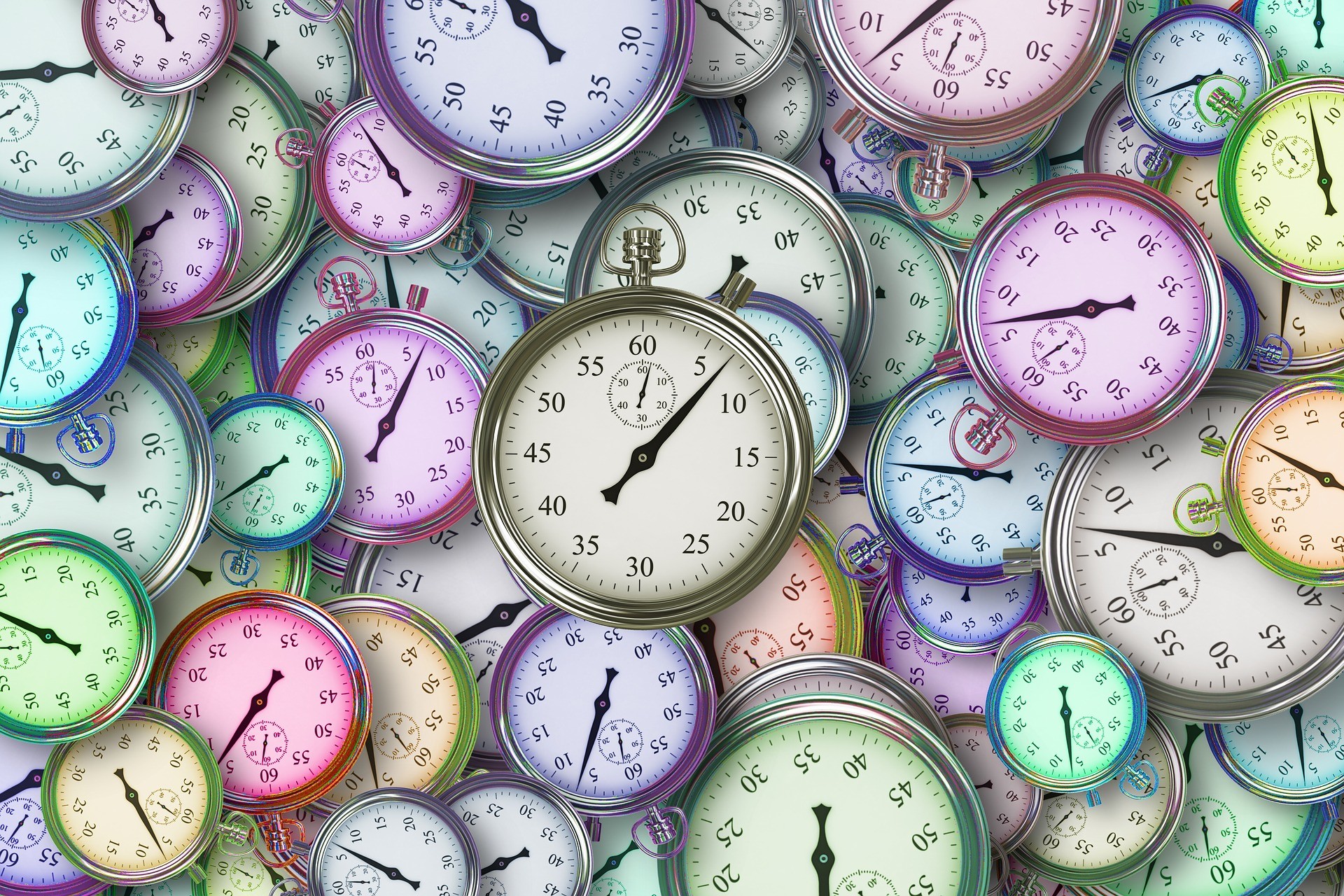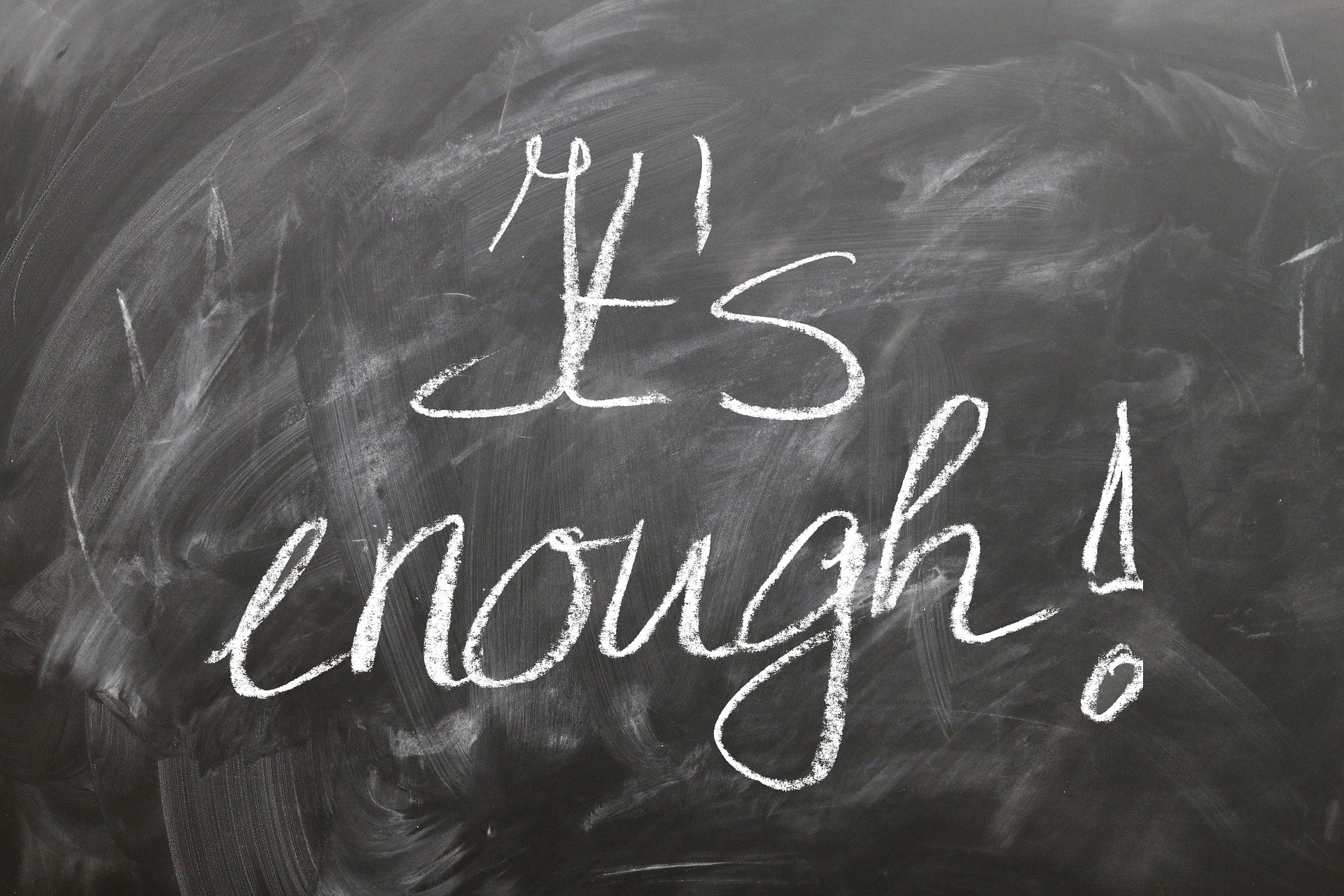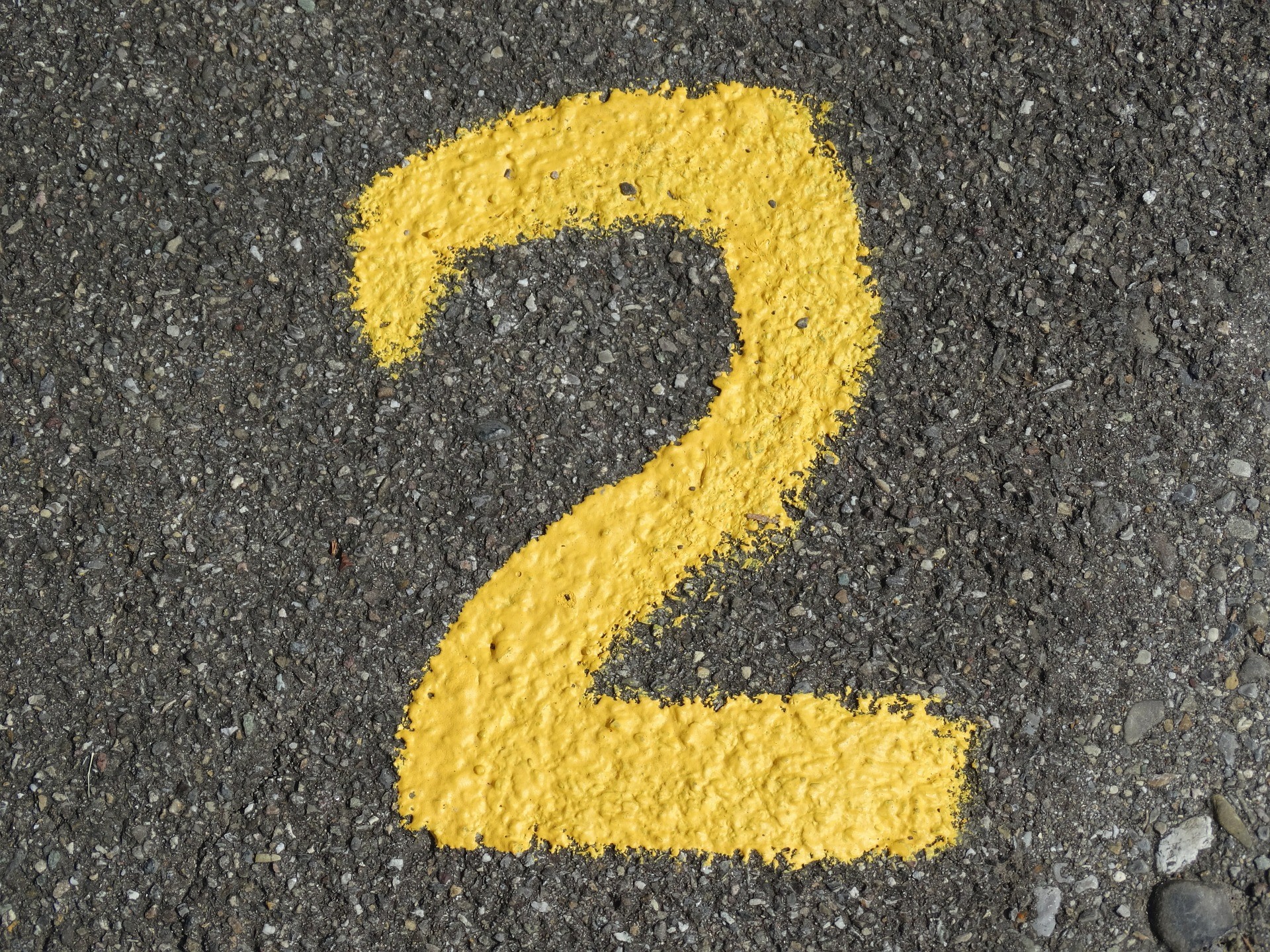Don't make these 2 common mistakes when deciding if an antidepressant is effective. Many people have inadequate trials on antidepressant medication due to dosing that is too low or taking the medication for too short of a time. Without accurate expectations of treatment, people assume the medicine isn't effective and discontinue it. So how long does it take for antidepressants to work?
2 Common reasons for inadequate trials of antidepressant medication:
- A person is on a starting dose of the medication and the dose was never raised.
- They stayed on the antidepressant medication for less than the amount of time needed to get a response.
Increase your chance to choose the right medication the first time!
6 Questions You Must Ask Before Choosing an Antidepressant
How long does it take for antidepressants to work?
With depression and anxiety, it generally takes 3-5 weeks to respond to an antidepressant. But this doesn't mean it's 3 weeks from the moment you have started the medicine.
The dose you initially take is the starting dose and not necessarily the level that will work for you. You have to wait 3-5 weeks from the time you get up to the therapeutic dose, not from the time you start (unless you are someone that responds well at a low dose)!
If you are on the medication for less than 3 weeks it isn't enough time to know if it will work. Provided there are no significant side effects, you need to give the medication enough time to work before you can judge its effectiveness.
What dose of antidepressant medication will work?
If antidepressants are dosed too low we can't judge if it would have worked. Generally, antidepressant medication is incrementally raised to get to a therapeutic dose.
There are average adult doses on each antidepressant medication. These average doses are not the same as the starting doses. Not everyone needs to go up to an average dose to have an effect and many people respond well to lower doses.
The only way to know if you will respond at a dose is to give it enough time to work. Ask your doctor what the average dose is of the medicine you are starting so you know the range.
2 Questions to ask before you decide an antidepressant medication doesn't work:
Before you decide a medication isn't working ask yourself:
- Did I wait 3-5 weeks?
- Am I still on the starting dose?
If the antidepressant medication isn't working and you are still on a starting dose, ask your doctor if it is appropriate to raise the amount (as long as you aren't having side effects).
You can say a medication does not work if:
- You are on the full dose of the medication for an adequate time.
- You have side effects.
Antidepressants take time: Be Patient!
The process of starting antidepressant medication can be long and arduous and takes patience at a time when people are desperate to feel better. Even if we give the right dose and wait enough time, sometimes the first medication doesn't help and we need to switch to another.
Depression is treatable but there, unfortunately, isn't usually a quick fix. Get the support you need during this process and ask questions so you know what to expect.
Add in other coping tools that will help depression!
11 Effective Interventions for Depression
Looking for additional resources to help overcome depression?
See my recommended books about depression in the Mental Health Bookstore
A version of this article first appeared here.







Leave your comments
Post comment as a guest